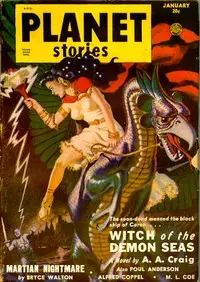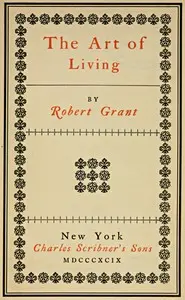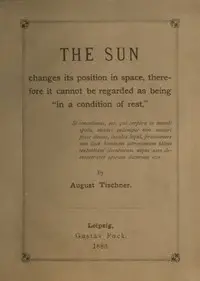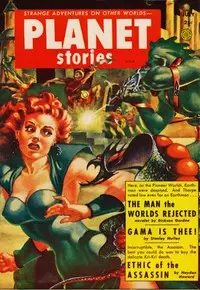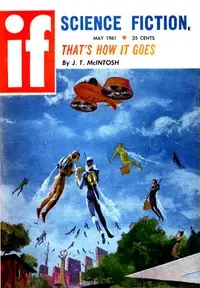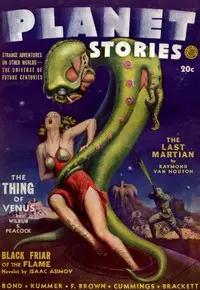"What Shall It Profit?" by Poul Anderson is a science fiction novel likely written in the mid-20th century. The story explores themes related to technological advancement, societal consequences, and the quest for immortality, set in a future where humanity grapples with the implications of prolonged life due to scientific breakthroughs. It delves into the moral and ethical considerations surrounding advancements in biogenetics and the shadows of scientific progress on human culture and individuality. The narrative follows Arnold Radek, a newsman who stumbles upon disturbing truths while investigating the Institute of Human Biology. After a night of drinking with Barwell, a recently fired clerk, Radek becomes aware of scientifically induced longevity experiments that hint at darker secrets. Driven by a mix of curiosity and ethical concern for the implications of these experiments, he confronts Dr. Marcus Lang, the director of the Institute. As Radek learns about the underground project that seeks to attain immortality, he discovers the disturbing reality that the aging process can be suspended, but at the cost of individual freedom and societal integrity. The novel ultimately raises profound questions about the nature of life, the value of existence, and the responsibilities of scientists in the face of their discoveries. (This is an automatically generated summary.)

What Shall It Profit?
By Poul Anderson
"What Shall It Profit?" by Poul Anderson is a science fiction novel likely written in the mid-20th century. The story explores themes related to techn...
Genres
Released
2019-05-13
Formats
epub
epub (images)
epub3 (images)
mobi (images)
mobi
Free Download
Overview
About the Author
Poul William Anderson was an American fantasy and science fiction author who was active from the 1940s until his death in 2001. Anderson also wrote historical novels. He won the Hugo Award seven times and the Nebula Award three times, and was nominated many more times for awards.
Total Reviews
10.0k
Total reviews from Goodreads may change

